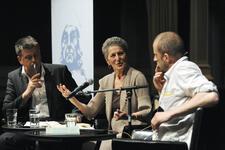Education
Rose Laub Coser
Sociologist Rose Laub Coser redefined major concepts in role theory—the idea that our actions are largely dictated by our roles in society—and applied them to expectations of women’s roles in the family and the workplace.
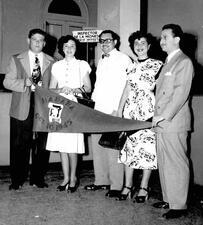
Cuba
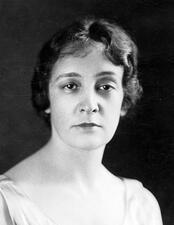
Ray Karchmer Daily
Ophthalmologist Ray Karchmer Daily fought for equality and accessibility for women and children in Texas. The first Jewish woman to graduate from a Texas medical school, Daily advocated for equal treatment of female medical students and promoted equitable policies for low-income and disabled students in the Texas school system.

Dance in the Yishuv and Israel
Artists began to try to create a new Hebrew dance in the 1920s. Israeli Expressionist Dance flourished first, followed by American modern dance. Israeli dance became professionalized and centralized, and over the past few decades, efforts to promote local creativity accelerated, ethnic dance companies have flourished, and choreographers have taken increasingly political stances.
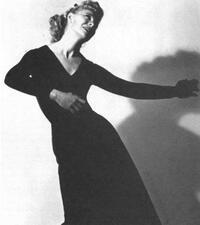
Modern Dance Performance in the United States
Jewish immigrants to the New World brought with them their ritual and celebratory Jewish dances, but these traditional forms of Jewish dance waned in the United States. Working-class and poor Jewish immigrants parents sought out culture and education in the arts for their children, often as a vehicle for assimilation. Jewish women were particularly attracted to the field of modern dance.
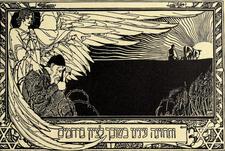
Daughter Zion (Bat Tzion)
“Daughter Zion” or “Fair Zion” (in Hebrew bat tzion) is the personification of Jerusalem in poetic and prophetic literature. Initially, the city is positively likened to a daughter, protected under God’s special regard, but later, under the Babylonian siege, she is devastated, even ravaged. However, when Jerusalem is rebuilt, the daughter is forsaken no longer, returning to God’s grace in the prophecies of consolation.
Annette Daum
A deeply religious feminist, Annette Daum dedicated her life to two causes: interfaith dialogue and feminism. Among other leadership positions, she coordinated interreligious affairs at the Union of American Hebrew congregations, edited the journal Interreligious Currents, and organized various task forces focused on gender equality and Jewish-Christian feminist dialogue.
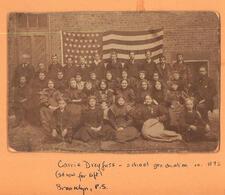
Carrie Dreyfuss Davidson
Carrie Dreyfuss Davidson became an important voice for women in the Conservative Movement as a founder of United Synagogue’s Women’s League and founding editor of its journal Outlook. Davidson exemplified the often-competing paradigms of Jewish homemaker and accomplished writer and community leader.
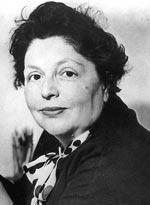
Lucy S. Dawidowicz
Lucy S. Dawidowicz was an American-Jewish historian whose influential and controversial works reflect her deep personal and academic commitment to the Jewish people. She spent time in Poland immediately before the Holocaust and time in Germany immediately after it. Dawidowicz’s works, which received numerous awards, concern American and Eastern European Jewry, and the Holocaust.
Vera Dean
While her book, Builders of Emerging Nations (1961) discusses the important qualities necessary to be a leader in the political arena, Vera Dean’s life was a testament to her own leadership abilities. Dean helped shape American foreign policy and opinion on international relations, as both an educator and a writer.
Katya Delakova
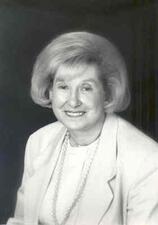
Florence Levin Denmark
Florence Levin Denmark helped found the field of women’s psychology and built crucial support for it in academic circles.
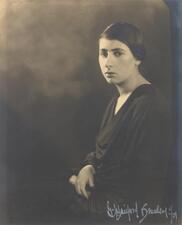
Babette Deutsch
Babette Deutsch, born and raised in New York City, was a gifted poet, novelist, translator, and educator. In her work, she interwove elements of vastly different cultures and times, from the Bible and Shakespeare to Russian and Japanese literature. She often used her work to explore Jewish themes and culture.
Naomi Deutsch
A leader in the field of public health nursing, Naomi Deutsch spearheaded health and sanitation campaigns in the United States, Central America, and the Caribbean. In running settlement houses, teaching, and eventually developing and implementing policy at the federal level, Deutsch dedicated her career to serving others through public health.
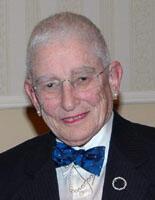
Liebe Sokol Diamond
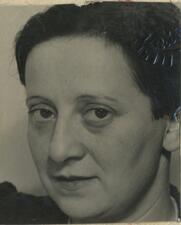
Friedl Dicker-Brandeis
Friedl Dicker was an artist and educator who studied at the Bauhaus school then led art classes at Terezin. In the ghetto, Dicker taught drawing to hundreds of children, designed sets and costumes for children’s performances, and made an exhibition of children’s drawings in a basement. She also created her own sketches, many of which were discovered in the 1980s.
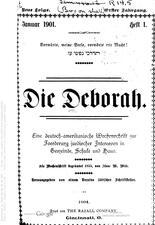
Die Deborah
Die Deborah was an influential American Jewish newspaper published in German from 1855 until 1902 specifically aimed at German-Jewish middle-class women. The paper’s writers and editors viewed women in high esteem as keepers of moral and spiritual values, and toward the turn of the century they came to support the values of the American feminist movement.
Dorothy Dinnerstein
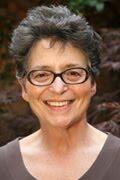
Barbara Dobkin
Barbara Berman Dobkin is the pre-eminent Jewish feminist philanthropist of the end of the twentieth and beginning of the twenty-first century. Her vision, dedication, and philanthropic generosity have transformed the landscape of Jewish women’s organizations and funding in both North America and Israel.
Florence Dolowitz
Florence Dolowitz both cofounded the Women’s American ORT (Organization for Rehabilitation and Training) and helped lead the organization for decades.
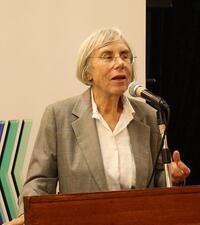
Dalia Dorner
Israeli Supreme Court Justice Dalia Dorner was known for citing non-legal sources in her decisions to illustrate the just society she aspired to live in. With landmark cases impacting gender equality, the right to education for all, and the right to live in dignity, Justice Dorner’s legal and social legacy is deeply rooted in human rights.
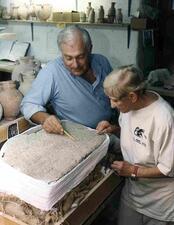
Trude Dothan
Trude Dothan was one of the foremost biblical archaeologists of her generation. Her excavations and her research brought to light the material culture of the Philistines, the cultural connections between the seagoing nations and ancient Israel, and the connections with Egypt.
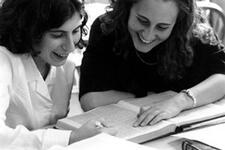
Drisha Institute for Jewish Education
Drisha was founded in 1979 to provide women with the opportunity to study Talmud and other Jewish texts. It has since expanded to serve students of all genders. Drisha is officially nondenominational but has served as a cornerstone of the Orthodox feminist movement. It has been joined by a number of liberal observant New York institutions that promote intense engagement with Jewish text and observance for women and men.


